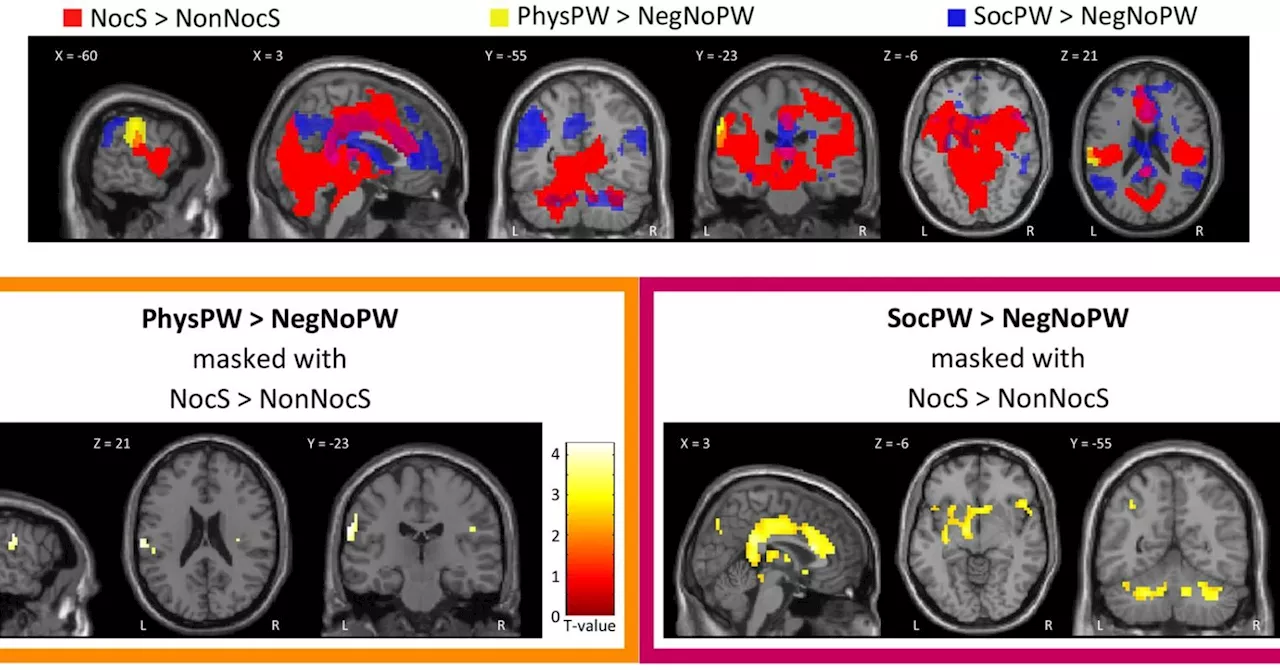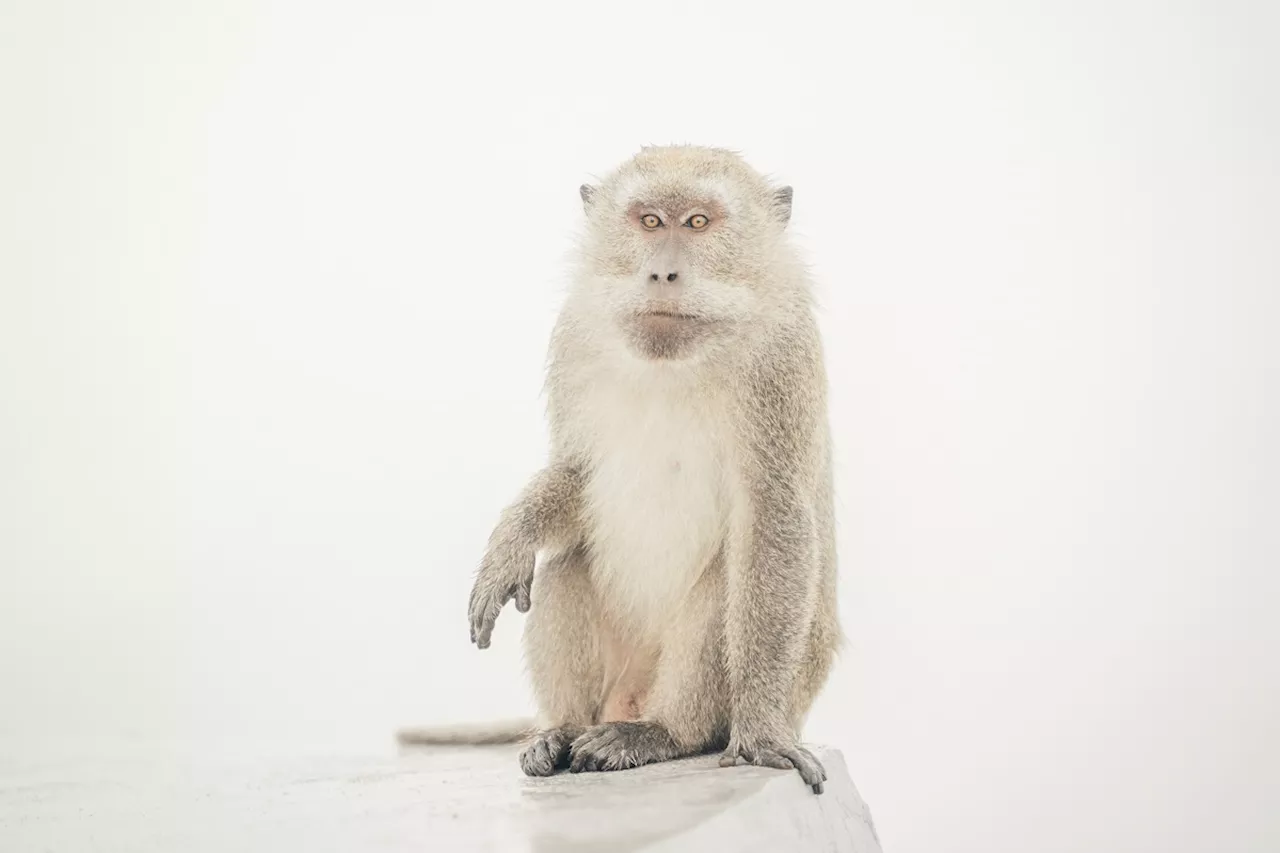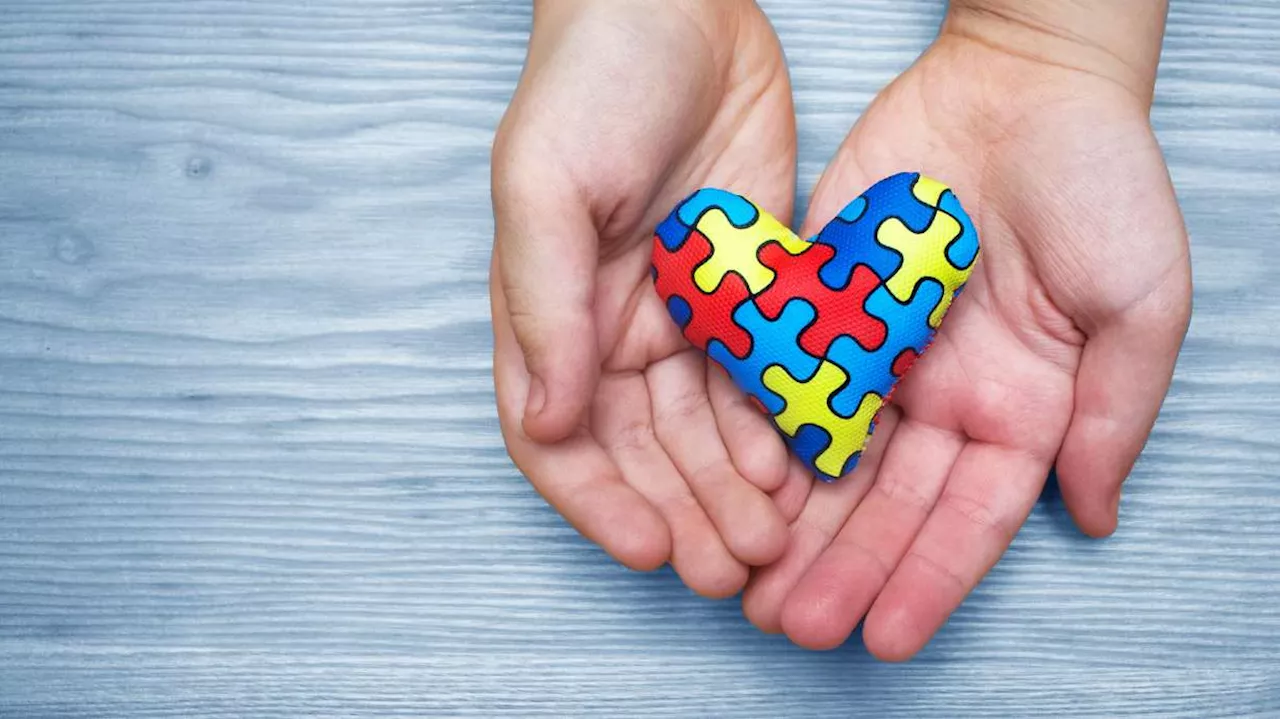Unlocking true brain health: Ditch the hype and embrace science-backed habits for lifelong well-being.
Open Google, your favorite social media platform, or any tabloid magazine, and you’re certain to hear about the latest hacks to feel amazing for the rest of your life. Whether it’s a supplement, superfood, novel device, app, or even a pharmaceutical, we’re constantly inundated with the promise that the only thing standing between where we stand now and clearer thinking, better focus, or improved mood is just a quick purchase away.
But while these plays may make sense for a new piece of furniture or garment, they shouldn’t really apply when we’re talking about brain health interventions. The truth is that the majority of “brain-boosting” products on the market are based on non-existent or incredibly limited data. That matters a lot when we’re promised something like better mood or clearer thinking.Most brain products may be suspect, but this doesn’t mean powerful, effective tools don’t exist.
United States Latest News, United States Headlines
Similar News:You can also read news stories similar to this one that we have collected from other news sources.
 Sticks and Stones Break Your Bones but Words Hurt Your BrainSeparating brain from body is a fallacy. Humans, like all animals, are integrated, holistic beings, and the pain from social experiences is real.
Sticks and Stones Break Your Bones but Words Hurt Your BrainSeparating brain from body is a fallacy. Humans, like all animals, are integrated, holistic beings, and the pain from social experiences is real.
Read more »
 Menopause symptoms: How to prepare for effects on your brainMenopause, which marks the end of a woman’s reproductive life, is something roughly half of the world’s population will go through if they live long enough. But it — like so much surrounding women’s h
Menopause symptoms: How to prepare for effects on your brainMenopause, which marks the end of a woman’s reproductive life, is something roughly half of the world’s population will go through if they live long enough. But it — like so much surrounding women’s h
Read more »
 Autopsy Found That Neuralink Implant 'Ruptured' Monkey's BrainScience and Technology News and Videos
Autopsy Found That Neuralink Implant 'Ruptured' Monkey's BrainScience and Technology News and Videos
Read more »
 Exploring Brain Processes During Basic Decision-MakingExplore the brain as it chooses between an apple and a donut, and learn how it balances instant gratification and long-term consequences.
Exploring Brain Processes During Basic Decision-MakingExplore the brain as it chooses between an apple and a donut, and learn how it balances instant gratification and long-term consequences.
Read more »
 Contrary to Previous Belief – New Study Links Brain Waves Directly to MemoryScience, Space and Technology News 2023
Contrary to Previous Belief – New Study Links Brain Waves Directly to MemoryScience, Space and Technology News 2023
Read more »
 Researchers learning how gene dysfunction contributes to autism, other brain disordersResearchers over time have identified hundreds of genes that seem to contribute to brain disorders. Now a Stanford University-led research team has used high-tech tools and a petri dish brain model to understand some of the process that leads to neurodevelopmental disorders, including autism.
Researchers learning how gene dysfunction contributes to autism, other brain disordersResearchers over time have identified hundreds of genes that seem to contribute to brain disorders. Now a Stanford University-led research team has used high-tech tools and a petri dish brain model to understand some of the process that leads to neurodevelopmental disorders, including autism.
Read more »
